Britain’s Ofcom says Russia’s RT could lose license over spy case
Britain's media regulator Ofcom has declared its potential intention to revoke the license of Russia’s RT television if London officially blames Moscow for the death of a former Russian agent.
Ofcom said on Tuesday that it had informed ANO TV Novosti, the holder of RT's UK broadcast licenses, that it could lose the broadcasting license should Britain determine Russia played a role in poisoning Sergei Skripal and his daughter in the city of Salisbury earlier this month.
The regulator said that if such an involvement was revealed, it could mean that there was unlawful use of force by the Russian state against the UK. It reiterated that the Russian government was financing ANO TV Novosti and Ofcom had a duty to check that holders of broadcast licenses remain "fit and proper" to operate in Britain.
The ban on RT's operation in the United Kingdom could render Ofcom as a media body which hardly tolerates narratives opposed to those of the British government.
The organization has a history of acting to the benefit of the British government in disputes with other countries. The body revoked the licenses of Press TV in 2012 after the Tehran-based English language outlet aired confessions by a British-Iranian citizen who had spied for Western intelligence services. Iranian authorities responded to the ban at the time and called Ofcom “the media arm of the Royal family.”
Russian authorities said Tuesday that they would kick out UK media if Britain shut down RT. A Russian foreign ministry spokeswoman said such potential ban would include British media outlets operating on the Russian territory.
“Not a single British media outlet will work in our country if they shut down Russia Today (RT),” foreign ministry spokeswoman Maria Zakharova said, warning Britain that threatening a nuclear power like Russia would have dire consequences.
Britain has yet to officially blame Russia for Skripal’s death, which took place on March 4 when the 66-year-old former Russian spy and his daughter, Yulia, 33, were found dead outside a restaurant in Salisbury.

Russia has denied any involvement while protesting against media reports which liken the spy’s death to the assassination of Alexander Litvinenko, another Russian agent who was killed in Britain in 2006 with radioactive material that was reportedly put in his cup of tea by Russian agents.
British Prime Minister Theresa May has given Russia until midnight on Tuesday to explain about a nerve agent that killed Skripal. Investigators say the chemical material was developed by the former Soviet Union.
Russian Foreign Minister Sergei Lavrov said on Tuesday that his country was not guilty in the incident, adding that Moscow would not respond to the British request about the nerve agent. He said the refusal was because London had rejected Moscow’s official request to have access to the material. He said, however, that Russia was ready to help Britain further investigate the case.
Settlers served lavish lunch in Israeli prison holding fasting Palestinians
VIDEO | Press TV's news headlines
Hezbollah says won’t hesitate to take proper action against aggression
Iran to US: Sanctions and war failed; try diplomacy and respect
VIDEO | Afghanistan-Pakistan tensions rise after cross-border strikes
Israeli settlers set mosque ablaze in West Bank during Ramadan
Nouri al-Maliki vows not to withdraw bid for Iraq’s premiership
OIC calls emergency summit as Israel accelerates West Bank expansion


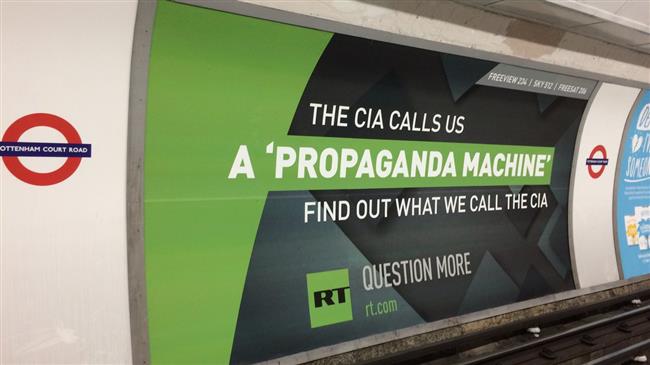
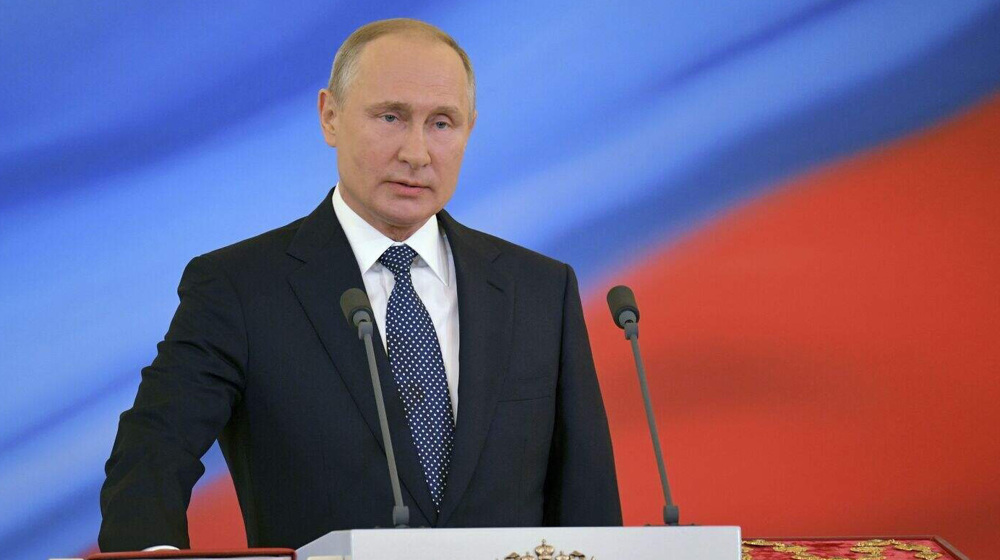
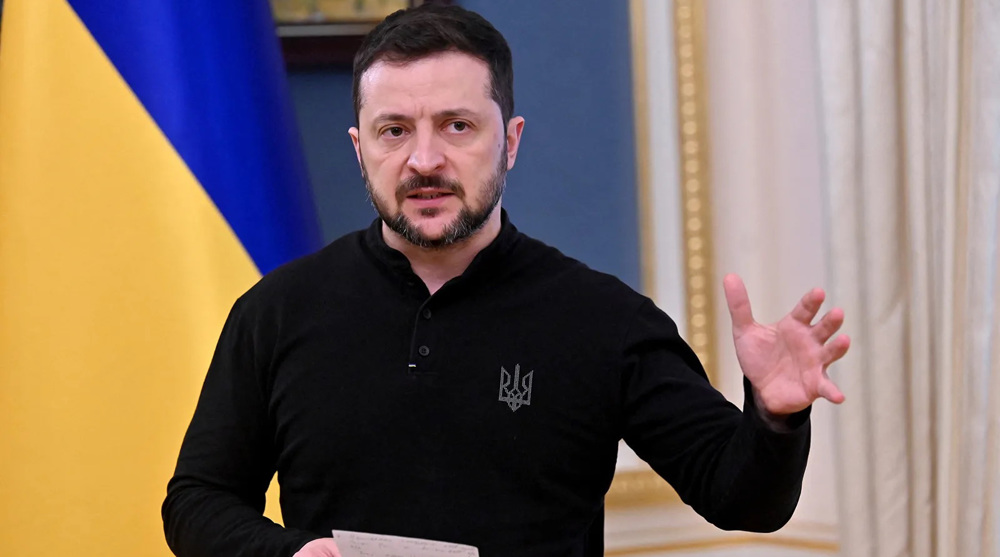
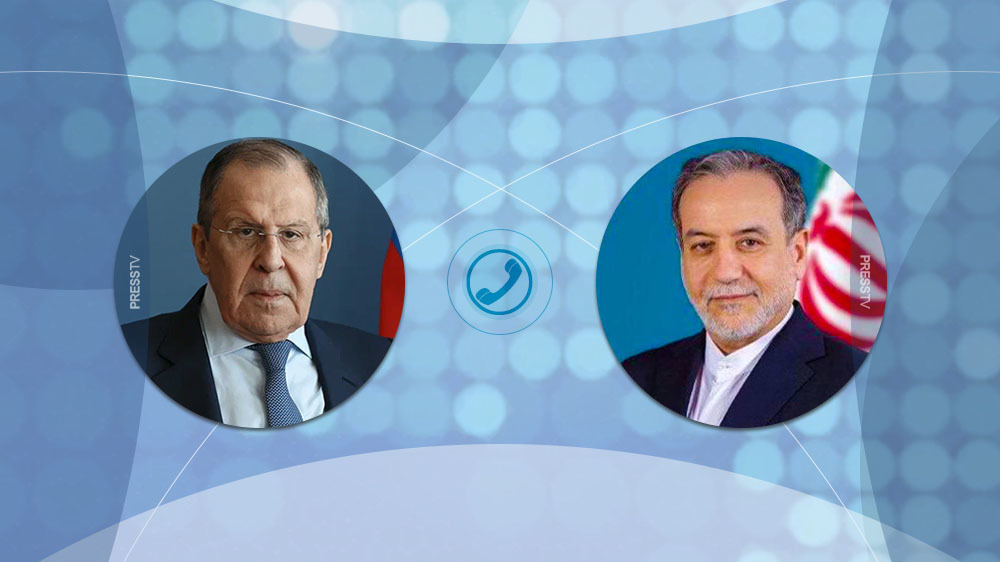



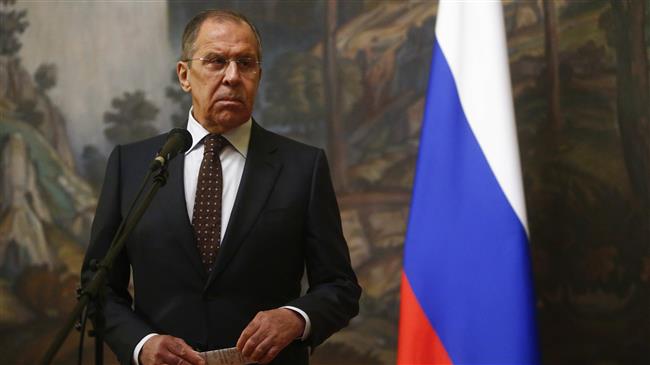
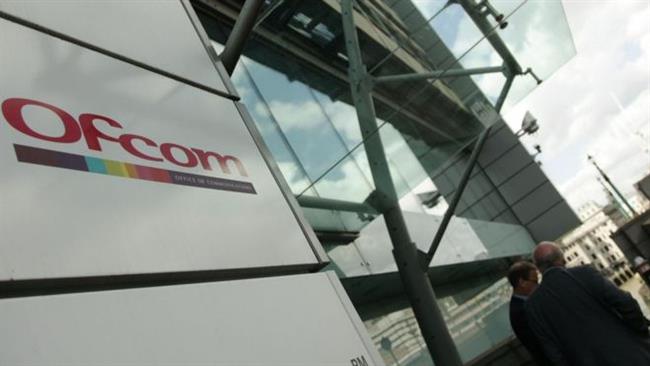


 This makes it easy to access the Press TV website
This makes it easy to access the Press TV website